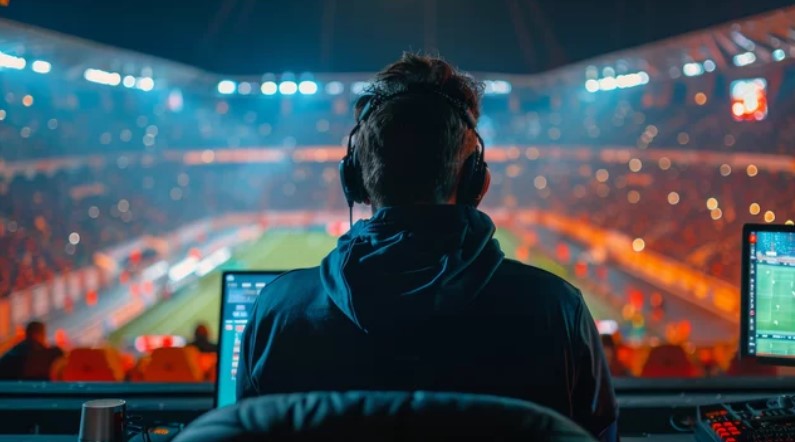
Sports broadcasting plays a pivotal role in shaping political narratives, both domestically and internationally. From local coverage to overseas broadcasts, commentary and coverage influence public opinion and policy debates. This article explores how local and overseas sports broadcasting (source: 해외스포츠중계) intersects with politics, highlighting examples of athlete activism, controversies, and the role of sports in diplomacy.
The Influence of Local and Overseas Sports Broadcasting
Sports broadcasting, whether local or overseas, reaches millions of viewers worldwide, making it a powerful medium for conveying political messages. Athletes, commentators, and networks all contribute to shaping public discourse through their coverage and analysis.
- Athlete Activism: Athletes have increasingly used their platforms to advocate for social justice causes, leveraging their influence to bring attention to pressing issues. Local and overseas broadcasts often capture these moments, amplifying their impact on a global scale.Athletes like LeBron James and Serena Williams have spoken out on issues ranging from racial inequality to gender equality, sparking discussions both domestically and internationally.
- Coverage and Commentary: Sports broadcasters provide analysis and commentary that extend beyond the game itself, often delving into broader societal issues. Whether it’s discussing athlete protests or the role of sports in diplomacy, their perspectives shape public opinion and influence policy debates.Commentators like Bill Simmons and Michelle Beadle offer insights into the intersection of sports and politics, providing viewers with nuanced perspectives on current events.
Sports Broadcasting and Diplomacy
Sports have long been used as a tool for diplomacy, facilitating dialogue, and fostering relationships between nations. Overseas sports broadcasting plays a significant role in showcasing these diplomatic efforts to a global audience.
- Diplomatic Events: International sporting events, such as the Olympics and World Cup, provide opportunities for countries to showcase their cultural diplomacy and improve international relations. These events bring together athletes and spectators from diverse backgrounds, promoting understanding and cooperation.The 1971 “ping-pong diplomacy” between the US and China, where table tennis players helped thaw relations between the two countries, is a notable example of sports diplomacy.
- Cultural Exchange: Sports broadcasts often highlight cultural exchanges between nations, showcasing the diversity and unity of the global sporting community. Whether it’s a friendly match between rival teams or a joint celebration of athletic achievement, these moments promote goodwill and bridge political divides.Friendly matches between national teams, such as the recent soccer match between Iran and the United States, demonstrate how sports can transcend political tensions and promote friendship.
Challenges and Controversies
Despite its positive influence, sports broadcasting also faces challenges and controversies when intersecting with politics. From athlete protests to commercial interests, navigating these issues requires careful consideration and balance.
- Athlete Protests: Athlete protests, such as kneeling during the national anthem or raising fists in solidarity, have sparked debates about patriotism, free speech, and the role of athletes in politics. Local and overseas broadcasts must navigate these controversies while upholding journalistic integrity and respecting diverse perspectives.The NFL’s handling of Colin Kaepernick’s protest and subsequent fallout underscored the complexities of addressing political issues in the world of sports.
- Commercialization and Bias: In an era of commercialized sports broadcasting, networks may prioritize profit over journalistic integrity, leading to biased coverage and censorship of politically sensitive topics. The influence of advertisers and corporate sponsors can shape the narrative presented to viewers, potentially undermining the diversity of voices and perspectives.Commercial pressures may influence networks to avoid controversial topics that could alienate sponsors or advertisers, limiting the scope of political discourse in sports.
READ ALSO: The Impact Of Politics On Football Streaming App
Conclusion
Local and overseas sports broadcasting plays a crucial role in shaping political narratives, influencing public opinion, and fostering diplomacy. From athlete activism to coverage of international sporting events, the intersection of sports and politics has far-reaching implications for our global society.
By examining the influence of sports broadcasting on political discourse and diplomacy, we gain insights into the power of sports to transcend borders, bridge divides, and inspire positive change.




